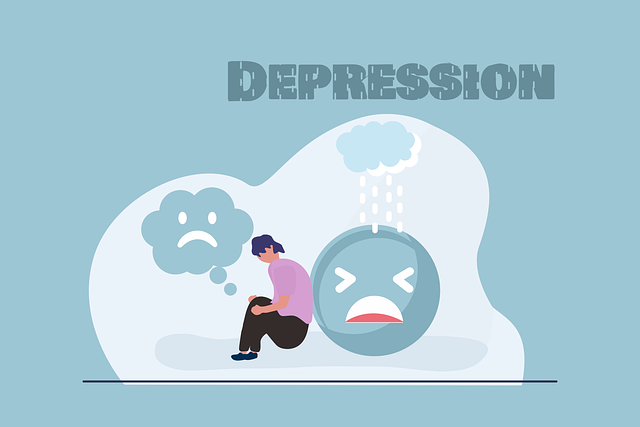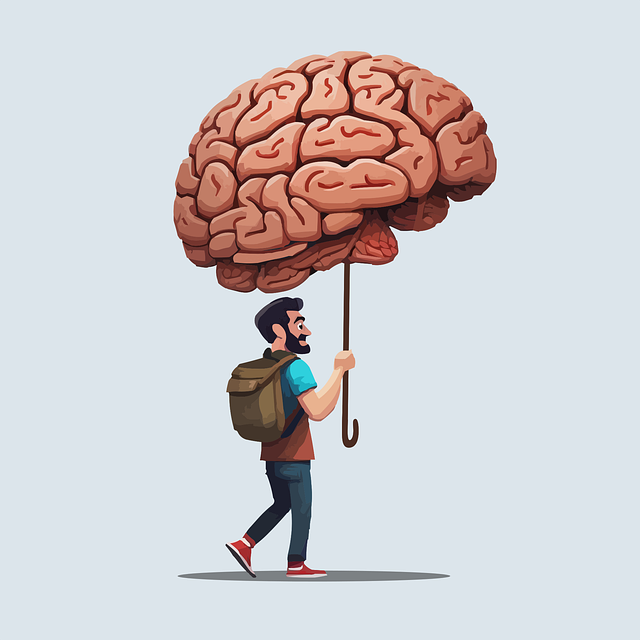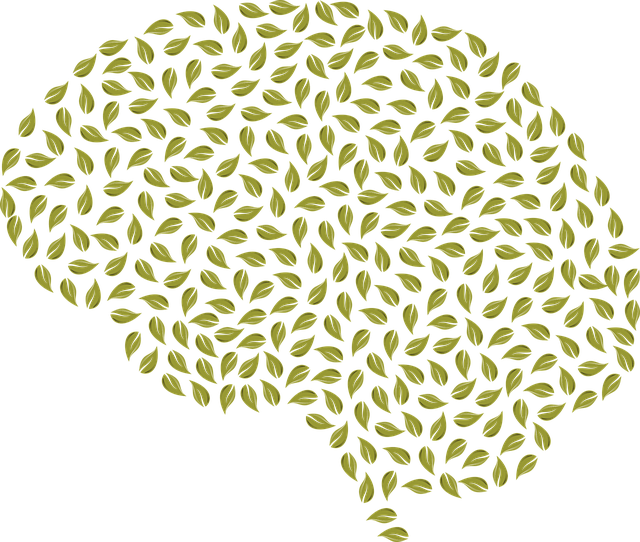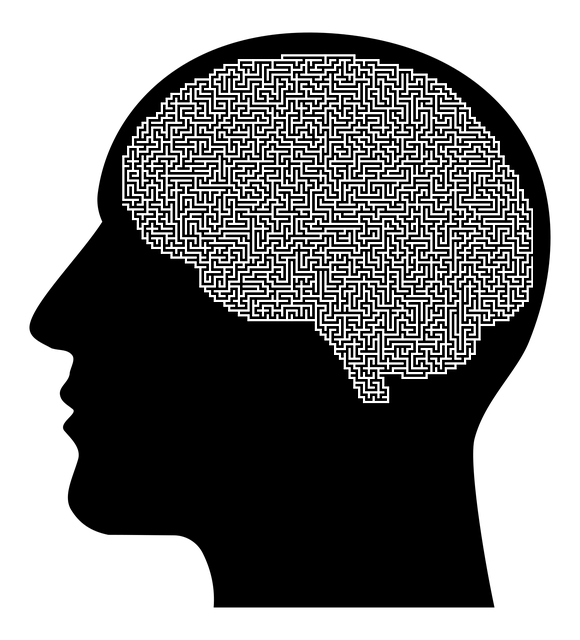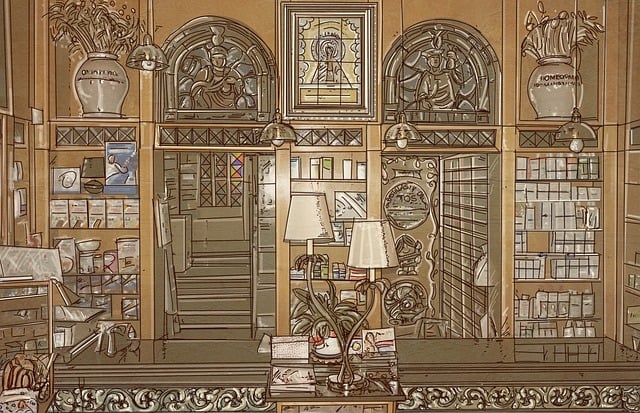Northglenn Couples Communication Issues Therapy emphasizes creating a safe, supportive environment through careful planning and understanding group dynamics. Ground rules, confidentiality, active listening, interactive activities, and structured discussions foster open dialogue, helping members develop coping skills and stress management strategies. Techniques like Compassion Cultivation and Mind Over Matter principles enhance self-care routines for improved mental health. This approach turns therapy into a supportive network where couples cultivate resilience, compassion, and effective communication.
Mental wellness group facilitation is an art that empowers individuals through community and support. This article explores effective techniques for facilitators, drawing insights from Northglenn Couples Communication Issues Therapy. We’ll guide you through setting a positive stage, fostering open discussions, and nurturing individual growth within therapeutic groups. Learn how icebreakers, active participation, storytelling, and tailored strategies create a safe space for transformation, mirroring the holistic approach of Northglenn’s therapy programs.
- Setting the Stage for Effective Group Facilitation
- – Understanding the dynamics of group therapy settings
- – Creating a safe and supportive environment in Northglenn Couples Communication Issues Therapy
Setting the Stage for Effective Group Facilitation

Creating a supportive environment is pivotal for effective group facilitation, especially when addressing sensitive topics like Northglenn Couples Communication Issues Therapy. The setting should foster open dialogue and encourage each member to feel heard and valued. Achieving this requires careful planning and an understanding of the group’s dynamics. Facilitators can set the tone by establishing clear ground rules, ensuring confidentiality, and promoting active listening. This creates a safe space where individuals can openly discuss their experiences and challenges without fear of judgment.
Additionally, incorporating interactive activities and structured discussions facilitates engagement. Techniques such as role-playing exercises or sharing circles can help group members build coping skills development and stress management strategies together. By leveraging these methods, facilitators can guide the group towards improved mood management and enhanced communication, ultimately transforming the initial challenges into opportunities for growth and connection within the Northglenn Couples Communication Issues Therapy setting.
– Understanding the dynamics of group therapy settings

Group therapy settings offer a unique and powerful environment for individuals seeking support and improvement in their mental wellness. As a facilitator, understanding the intricate dynamics at play is essential to creating a safe and effective space. In Northglenn Couples Communication Issues Therapy, for instance, facilitators must be attuned to the interconnections between couples, recognizing how each partner’s experiences and behaviors influence one another. This involves fostering open communication while also managing potential conflicts or power imbalances.
By incorporating practices like Compassion Cultivation and Mind Over Matter principles, facilitators can enhance the therapeutic experience. Encouraging self-care routine development for better mental health allows participants to take ownership of their well-being. Through these techniques, group therapy becomes a dynamic, supportive network where individuals not only address specific issues but also cultivate resilience and a deeper sense of compassion for themselves and others.
– Creating a safe and supportive environment in Northglenn Couples Communication Issues Therapy

In Northglenn Couples Communication Issues Therapy, one of the cornerstone techniques is cultivating a safe and supportive environment. This begins with establishing ground rules that prioritize openness, honesty, and respect. By creating a space where every individual feels heard and valued, therapists facilitate a deeper level of vulnerability, essential for addressing communication issues within relationships. The room becomes a sanctuary where couples can explore their feelings without fear of judgment, fostering trust and encouraging active participation in the therapeutic process.
A crucial aspect of this technique involves incorporating compassion cultivation practices, which not only enhance emotional well-being but also strengthen the couple’s bond. Through exercises that promote empathy and understanding, Northglenn Couples Communication Issues Therapy aims to reduce conflict and increase positive interactions. Additionally, regular risk assessments for mental health professionals ensure that the environment remains secure and supportive, allowing individuals to confront communication challenges in a healthy, constructive manner.
Group facilitation techniques, as exemplified by Northglenn Couples Communication Issues Therapy, rely on creating a safe and supportive environment to harness the power of collective dynamics. By understanding group therapy settings, facilitators can effectively navigate interactions, fostering open communication and enhancing mental wellness. These strategies are vital for helping individuals navigate complex issues, ultimately leading to personal growth and improved relationships.
